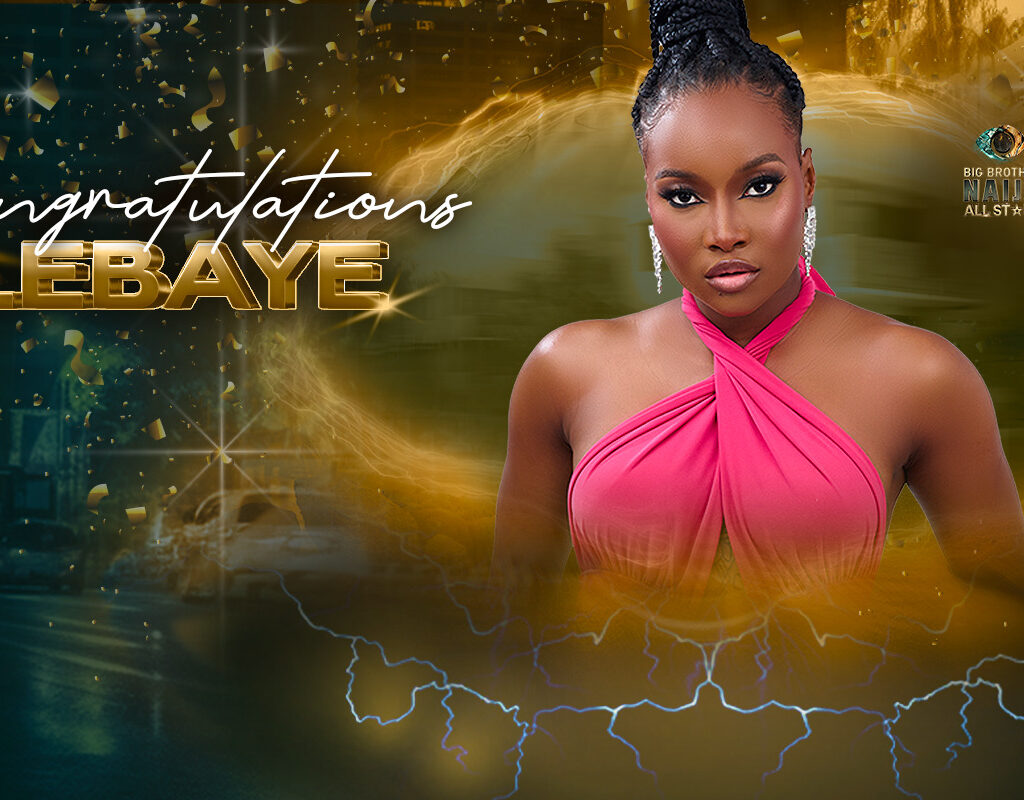
In recent years, Pete Davidson has become a household name in the entertainment industry. Known for his stand-up comedy, acting career, and appearances on the popular television show Saturday Night Live, Davidson has garnered a significant following. However, amidst his rise to fame, he has also faced a fair share of controversies, including the unauthorized leak of intimate photos. In this article, we delve into the topic of Pete Davidson’s nude photos and explore the ethical and legal implications surrounding privacy invasion.
The Invasion of Privacy

In today’s digital age, privacy has become a hot topic of discussion. With the widespread use of smartphones and social media platforms, individuals have become more vulnerable to privacy breaches. Pete Davidson, like many other celebrities, fell victim to such an invasion when his intimate photos were leaked without his consent.

The unauthorized release of private photos is not only a violation of an individual’s privacy but also a breach of trust. It raises questions about the responsibility of platforms and the general public in respecting the boundaries of personal privacy.
Legal Implications
When it comes to the legal aspect of privacy invasion, the situation becomes complex. Laws regarding privacy vary from country to country, making it challenging to establish a universally applicable framework. In some jurisdictions, the unauthorized distribution of explicit images is considered a criminal offense, while in others, it may fall under civil law.

While celebrities like Pete Davidson may have a higher chance of holding the perpetrators accountable due to their public status, the average person may face more difficulties in seeking justice. This highlights the need for stricter legislation and increased awareness surrounding privacy rights.
Impact on Mental Health
The leaking of intimate photos can have severe consequences for the mental health and well-being of the individuals involved. Pete Davidson, known for his candidness about mental health struggles, has openly discussed the impact of the incident on his life. Such violations of privacy can lead to feelings of shame, embarrassment, and even depression.
It is essential to recognize that celebrities, despite their public image, are entitled to the same privacy and respect as anyone else. The constant scrutiny and invasion of their personal lives can take a toll on their mental well-being, emphasizing the need for empathy and understanding.
Conclusion
The leak of Pete Davidson’s nude photos highlights the ongoing issue of privacy invasion in the digital age. It serves as a reminder that no one is immune to such breaches, regardless of their fame or status. As a society, we must strive to protect individuals’ privacy and hold accountable those who perpetrate such acts.
Frequently Asked Questions
1. Can I be held legally responsible for sharing someone’s intimate photos without their consent?
Sharing someone’s intimate photos without their consent can have legal consequences, depending on the jurisdiction. It is generally considered a violation of privacy and can result in criminal charges or civil liability.
2. How can we prevent privacy invasions in the digital age?
Preventing privacy invasions requires a combination of individual responsibility and improved legislation. Individuals should be cautious about sharing sensitive content and ensure they have secure privacy settings on their devices and social media accounts. Additionally, lawmakers should work towards creating stronger privacy protection laws.
3. What can be done if someone’s intimate photos are leaked?
If someone’s intimate photos are leaked without their consent, they should report the incident to the authorities and seek legal advice. It is important to document any evidence and take steps to remove the content from online platforms.
4. How does privacy invasion affect the mental health of individuals?
Privacy invasion can have a significant impact on the mental health of individuals. It can lead to feelings of shame, embarrassment, anxiety, and depression. Support from loved ones, therapy, and legal action can help individuals cope with the emotional aftermath.
5. What responsibility do social media platforms have in preventing privacy breaches?
Social media platforms have a responsibility to ensure the privacy and security of their users. They should implement robust measures to prevent unauthorized access and take swift action to remove any content that violates privacy rights. Users should also be educated about privacy settings and encouraged to report any privacy breaches.

